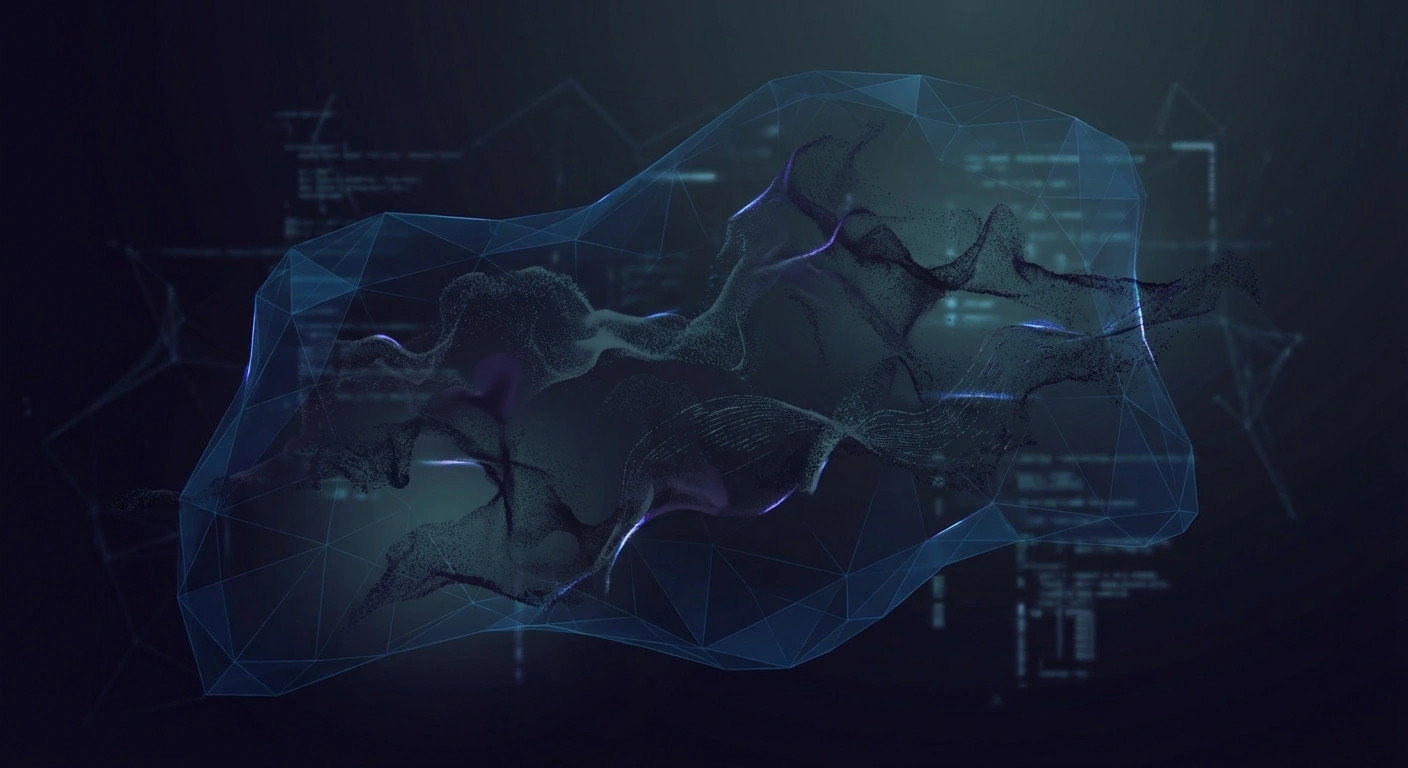Study Reveals Key Role of Ideation Diversity in AI Agents
New research examines what makes effective AI research agents, finding that ideation diversity - the ability to generate varied approaches - is critical for autonomous research capabilities and agent performance.

A new research paper examines a fundamental question in the rapidly evolving field of agentic AI: what characteristics distinguish effective AI research agents from those that fall short? The study, titled "What Does It Take to Be a Good AI Research Agent? Studying the Role of Ideation Diversity," provides technical insights into how ideation diversity impacts agent performance.
Understanding AI Research Agents
AI research agents represent an ambitious frontier in artificial intelligence - systems designed to autonomously conduct research tasks including literature review, hypothesis generation, experimental design, and even paper writing. As these agents become more sophisticated, understanding what makes them effective becomes crucial for advancing their capabilities.
The research focuses specifically on ideation diversity - the ability of an agent to generate varied approaches, hypotheses, and solutions when tackling research problems. This diversity isn't merely about quantity; it encompasses the breadth and distinctiveness of ideas an agent can produce.
Technical Framework and Methodology
The study establishes a framework for evaluating AI research agents along multiple dimensions. Rather than focusing solely on output quality or task completion rates, the researchers examine how agents approach problem-solving from different angles and whether they can explore diverse solution spaces.
This technical approach recognizes that effective research often requires exploring multiple hypotheses simultaneously, considering alternative explanations, and synthesizing insights from disparate sources - capabilities that demand more than simple pattern matching or retrieval.
Ideation Diversity as a Core Capability
The research demonstrates that ideation diversity serves as a critical factor in agent effectiveness. Agents that can generate diverse ideas are better equipped to navigate the complexity of research tasks, avoid getting stuck in local optima, and discover novel approaches to problems.
This finding has significant implications for agent architecture design. Systems that rely on single-path reasoning or narrow search strategies may struggle with research tasks that require exploratory thinking and creative problem-solving.
Implications for Synthetic Media and AI Development
While the paper focuses on research agents, the findings have broader relevance to AI systems in general, including those used for content generation and synthetic media creation. The ability to generate diverse outputs - whether research ideas, video concepts, or creative variations - appears to be a fundamental capability that distinguishes more capable AI systems.
In the context of AI-generated content, ideation diversity relates to the system's ability to produce varied, non-repetitive outputs that explore different creative directions. Systems lacking this diversity may produce technically competent but homogeneous results.
Technical Challenges and Future Directions
The research highlights several technical challenges in building AI agents with strong ideation capabilities. These include balancing exploration versus exploitation, maintaining coherence while pursuing diverse approaches, and efficiently evaluating the quality of generated ideas.
Current large language models show impressive capabilities in generating varied text, but true ideation diversity requires more than surface-level variation. It demands the ability to reason about problems from fundamentally different perspectives and to recognize when alternative approaches might be valuable.
Broader Context in Agentic AI
This research contributes to the growing body of work examining what makes AI agents effective across various domains. As organizations deploy agents for increasingly complex tasks - from content creation to scientific research - understanding the specific capabilities that drive success becomes essential.
The focus on ideation diversity suggests that future agent architectures may need explicit mechanisms for encouraging varied thinking, perhaps through ensemble approaches, multi-model systems, or architectural innovations that promote exploration of solution spaces.
For researchers and practitioners working on AI systems, this study provides a technical lens for evaluating and improving agent capabilities beyond simple performance metrics, emphasizing the importance of cognitive diversity in autonomous systems.
Stay informed on AI video and digital authenticity. Follow Skrew AI News.



